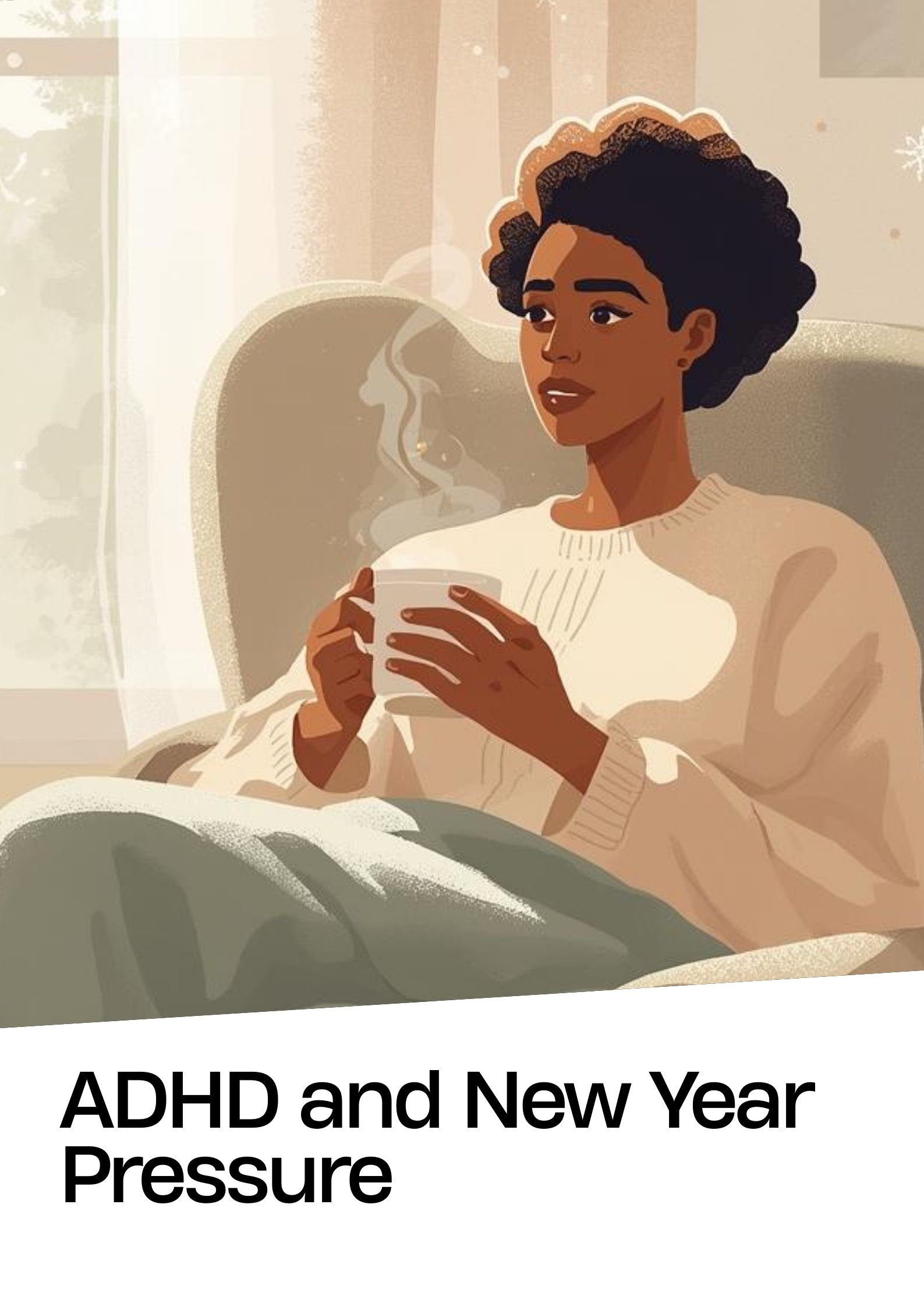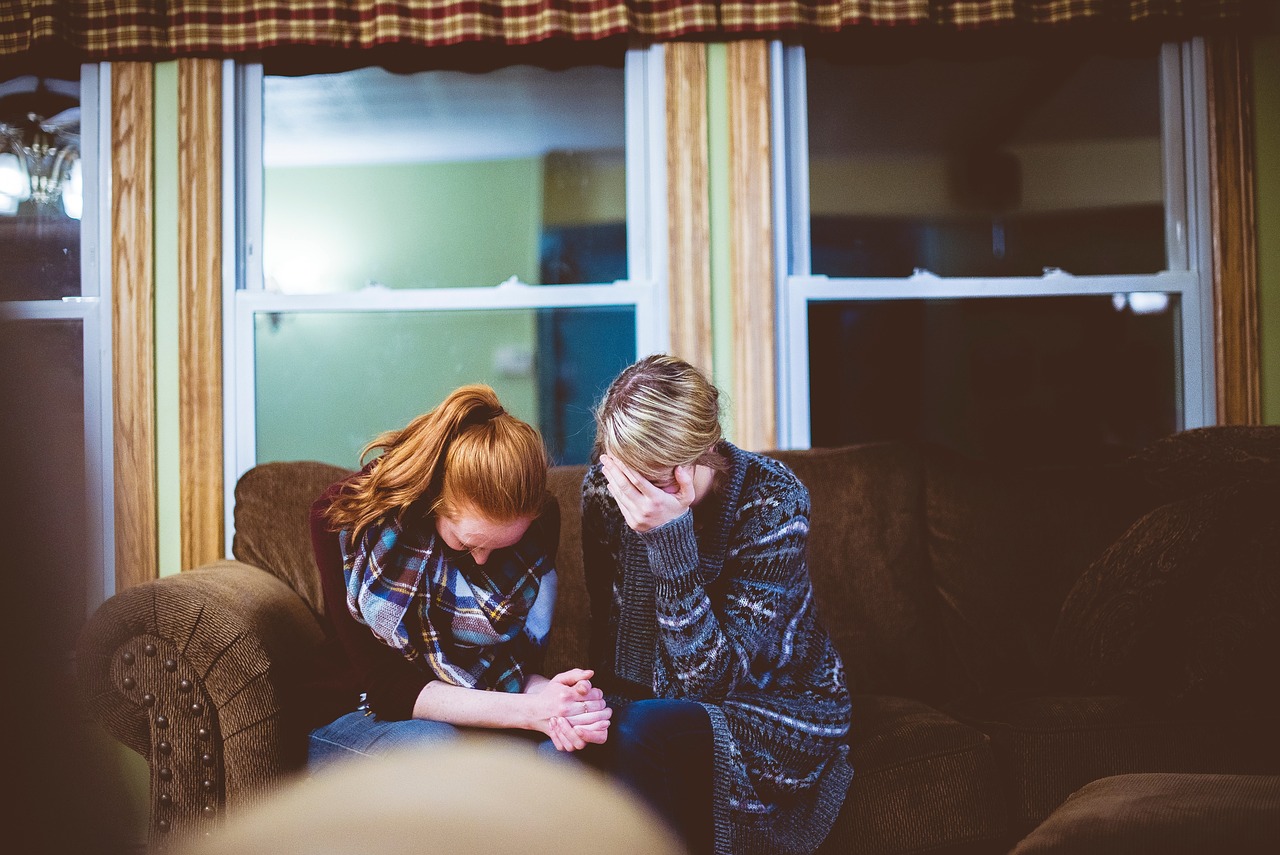Book Now
Menu
TL;DR:
Grief counselling offers space to process loss with care and understanding. Grief isn’t something to “get over”; it’s something you learn to live with. You don’t have to carry it alone.
Grief counselling provides a place where you can feel supported and seen as you move through loss. Grief often appears in small moments such as a song on the radio, an empty chair, or a memory that catches you by surprise. Sometimes the absence feels heaviest. Other times, a wave of emotion arrives without warning.
Even when surrounded by people who care, grief can still feel deeply isolating. Yet within the ache, there are also moments of tenderness such as a soft smile sparked by a memory, or a quiet reminder that love doesn’t end when someone is gone.
Grief isn’t neat or predictable. Some days may feel lighter, while others bring you back into the weight of loss. What matters most is giving yourself permission to feel everything: sadness, anger, longing, and even the moments of laughter that remind you life continues.
In therapy, we create a space where you don’t have to hold it all by yourself. Here, your grief is honoured in whatever form it takes that day. Together, we explore how to live with the loss while also noticing moments that bring a sense of grounding, warmth, or even a touch of relief.
If you’re carrying grief right now, please know you don’t have to do it alone. Reaching out for support doesn’t mean you’re weak or that your pain is too much. It simply means you’re human, and you deserve care in this chapter of your life.
Grief is a natural emotional response to loss—whether it’s the death of a loved one, the end of a relationship, or another major life change. It affects the body, mind, and spirit, and everyone experiences it differently.
Here are a few things to remember about grief:
From a trauma-informed perspective, grief can sometimes stir up old pain or memories. With gentle, consistent support, your body and mind can begin to feel safe again.
While there’s no single path through grief, small, intentional steps can help you navigate it more gently:
Some days may feel manageable, while others pull you back into the ache of loss. It’s normal to question whether you’re “doing it right.” But there is no wrong way to grieve.
If you notice persistent numbness, hopelessness, or withdrawal, that’s a sign it might be time to reach out. A trauma-informed therapist can help you process grief at a pace that feels safe, offering grounding tools and compassionate guidance.
Is grief counselling only for recent loss?
No. Whether your loss happened weeks or years ago, counselling can still help you process and integrate it in new ways.
What happens in a grief counselling session?
Sessions offer space to talk, reflect, and feel. Your therapist helps you explore your grief with care and without pressure.
Can grief counselling help if I thought I’d already moved on?
Yes. Grief can resurface during life changes or anniversaries. Therapy can help you find steadiness again when it does.
How long should I go to therapy for grief?
There’s no set timeline. Some people benefit from a few sessions; others find longer-term support helpful as they adjust to life after loss.
At Embodied Resilience Wellness Clinic (ERWC), our therapists offer compassionate, trauma-informed grief counselling for those navigating loss.
We provide:
We offer in-person sessions and virtual psychotherapy across Ontario.
If you’re grieving, you don’t have to face it alone.
Book a consult with a trauma-informed therapist and begin your healing journey with compassionate support.
If it feels right, I would be honoured to walk alongside you.
This article is for general information only and isn’t medical or crisis advice. If you’re struggling or feel unsafe, please reach out to a qualified professional or contact local emergency services.



